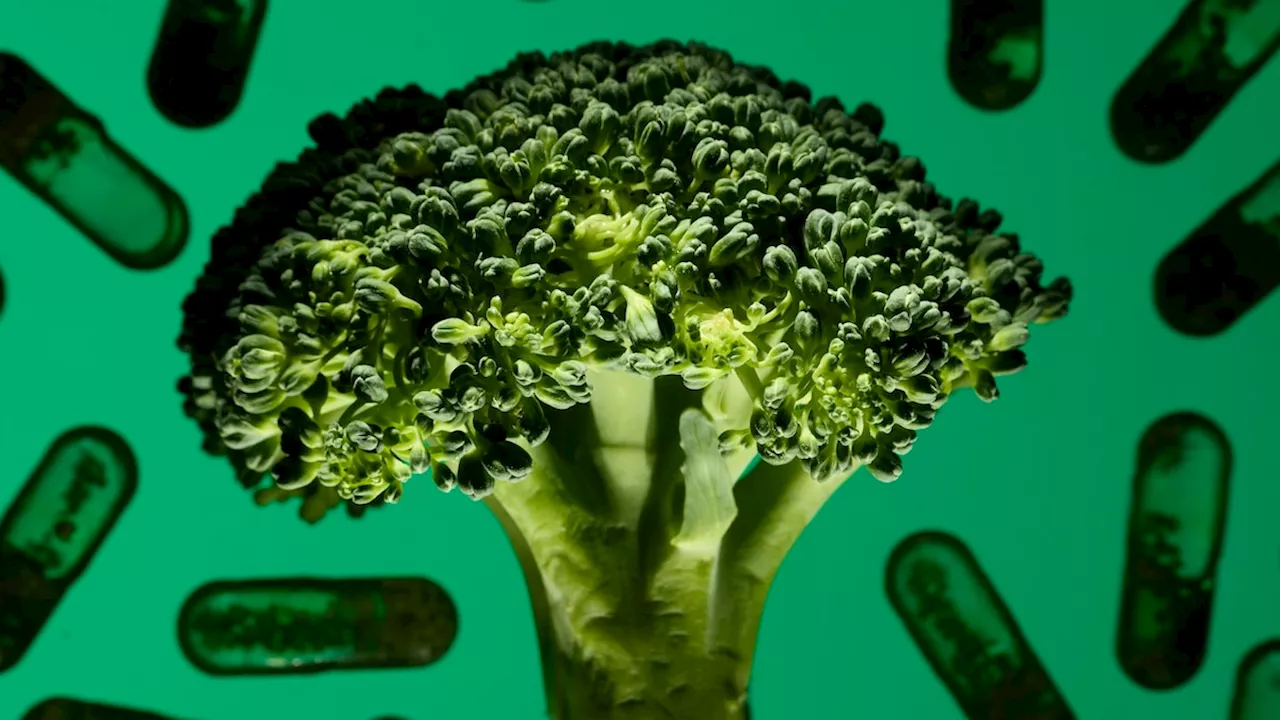This article explores the numerous health advantages of true tea, derived from the Camellia sinensis plant, such as its antioxidant properties, potential cardiovascular support, mental alertness benefits, and possible cancer risk reduction.
Tea has been cherished for centuries across cultures, and for good reason. As a dietitian, I’ve often found that many people underestimate just how impactful the benefits of tea can be. And not just for its soothing qualities, but for the role it may play in supporting overall health. Whether you’re a lifelong tea drinker or someone curious about adding it to your routine, there’s so much to discover about this simple yet versatile drink.
But before we dig in, it’s important to note that not all teas are the same. What many people refer to as “tea” can actually be separated into two categories: true tea and herbal tea. True tea comes from the Camellia sinensis plant and includes varieties like green, black, white, and oolong tea. Herbal teas, on the other hand, are made from infusions of herbs, flowers, fruits, or spices and don’t actually contain tea leaves at all. While herbal teas are delicious and can offer their own benefits, I’m focusing on true tea and its unique qualities. According to the U.S. Department of Agriculture (USDA), one cup of unsweetened, instant tea brewed with tap water features the following nutrition information:Calories: 2Total fat: 0gCholesterol: 0 mgSodium: 10 mgPotassium: 43 mgTotal carbohydrate: 0.4 gProtein: 0.1 gCaffeine: 26 mg. Tea has been enjoyed for centuries, not just for its comforting warmth and wide range of flavors but also for its incredible benefits. Modern science is catching up with what ancient cultures have long known: true tea can do wonders for your health. Ahead, find the top pros of drinking certain types of steeped leaves.Tea is packed with antioxidants, particularly polyphenols, which help protect your cells against free radical damage. Free radicals are unstable molecules that may contribute to aging and diseases like cancer. Green tea, for example, contains catechins, which are known for their powerful antioxidant properties. Drinking tea regularly may help reduce oxidative stress and support your overall health. There is a potential link between tea consumption and cardiovascular health support. Specifically, evidence shows that drinking certain true teas (like green tea) may help lower LDL (“bad”) cholesterol and improve blood circulation. The flavonoids in tea have been shown to reduce your risk of heart disease and stroke over time. For example, a study published in the European Journal of Preventative Cardiology found that habitual tea drinkers had a 20% lower risk of cardiovascular events compared to non-tea drinkers. But more research is needed on the subject. Tea offers a unique combination of benefits for the brain. Thanks to its moderate caffeine content, true tea may help improve focus and mental alertness without the jittery side effects commonly associated with coffee. At the same time, an amino acid called L-theanine is found in tea, which may help support a healthy mood, improve cognition, and help people experience a reduction of stress and anxiety-like symptoms. This balanced combination of focus and calm is why tea is often relied upon for a productive yet soothing boost during the day. The polyphenols in tea, particularly catechins found in green tea, may have protective effects against certain cancers, including breast cancer. The antioxidants in tea are believed to neutralize free radicals and reduce oxidative stress, which may play a role in the development of cancer. But more research is needed. Additionally, black tea, which undergoes a different oxidation process than green tea, also contains compounds that may support cancer prevention. Some data have indicated that drinking black tea is linked to a reduced risk of skin, lung, and prostate cancers. While more research is needed to establish definitive conclusions, these findings underscore tea’s potential as an accessible and enjoyable addition to a diet aiming to promote overall health and well-being. Made by steeping leaves in water, tea (both herbal and true), boosts hydration with every sip. It makes for a great alternative to soda, especially if you’re trying to forego added sugars, and can be a part of a lower-calorie diet. While tea has many health benefits, it’s not without its potential drawbacks. Here are some side effects to keep in mind:Caffeine sensitivity True tea contains caffeine, though typically less than coffee. For some people, even moderate amounts of caffeine can lead to insomnia, jitters, or an upset stomach. To avoid these effects, pay attention to your body and opt for lower-caffeine teas like white tea if needed. If you can’t do without tea (and we can’t blame you), try to only enjoy it in the morning, switching to decaf later in the day, or opting for herbal
TEABENEFITS ANTIOXIDANTS CARDIOVASCULARHEALTH MENTALALERTSNESS CANCER HYDRATION
United States Latest News, United States Headlines
Similar News:You can also read news stories similar to this one that we have collected from other news sources.
 The Surprising Health Benefits of Plant-Based ProteinEating more plant-based protein can lower your risk of cancer and heart disease while delivering unexpected health benefits. Discover the advantages of plant protein and how to incorporate it into your diet.
The Surprising Health Benefits of Plant-Based ProteinEating more plant-based protein can lower your risk of cancer and heart disease while delivering unexpected health benefits. Discover the advantages of plant protein and how to incorporate it into your diet.
Read more »
 Ozempic and Wegovy: Unlocking Surprising Health Benefits Beyond Weight LossA new study reveals the potential of GLP-1 receptor agonists like Ozempic and Wegovy to improve a wide range of health outcomes, including addiction disorders, psychotic disorder risk, and Alzheimer's risk, while also highlighting potential risks such as arthritis and pancreatitis.
Ozempic and Wegovy: Unlocking Surprising Health Benefits Beyond Weight LossA new study reveals the potential of GLP-1 receptor agonists like Ozempic and Wegovy to improve a wide range of health outcomes, including addiction disorders, psychotic disorder risk, and Alzheimer's risk, while also highlighting potential risks such as arthritis and pancreatitis.
Read more »
 4 Surprising Health Benefits of Dark ChocolateDark chocolate is a popular treat that may benefit health in several ways. Learn more about dark chocolate, including its nutrition, potential health benefits, and risks.
4 Surprising Health Benefits of Dark ChocolateDark chocolate is a popular treat that may benefit health in several ways. Learn more about dark chocolate, including its nutrition, potential health benefits, and risks.
Read more »
 The Heat is On: Exploring the Health and Mental Health Benefits of Hot YogaThis article delves into the growing popularity of hot yoga and examines the scientific evidence supporting its claimed health and mental health advantages. It explores the potential benefits of hot yoga for physical well-being, including pain relief, calorie expenditure, and cardiovascular health, as well as its impact on mental health, particularly in managing depression symptoms. The article also discusses the importance of hydration, precautions for certain individuals, and the need for further research to fully understand the mechanisms of action and long-term effects of hot yoga.
The Heat is On: Exploring the Health and Mental Health Benefits of Hot YogaThis article delves into the growing popularity of hot yoga and examines the scientific evidence supporting its claimed health and mental health advantages. It explores the potential benefits of hot yoga for physical well-being, including pain relief, calorie expenditure, and cardiovascular health, as well as its impact on mental health, particularly in managing depression symptoms. The article also discusses the importance of hydration, precautions for certain individuals, and the need for further research to fully understand the mechanisms of action and long-term effects of hot yoga.
Read more »
 FDA OKs sales of Zyn nicotine pouches, citing health benefits for adult smokersFederal health officials are backing the health benefits of nicotine pouches.
FDA OKs sales of Zyn nicotine pouches, citing health benefits for adult smokersFederal health officials are backing the health benefits of nicotine pouches.
Read more »
 5 Surprising Benefits Of Green TeaEverything you need to know about green tea including its benefits to heart health and immunity.
5 Surprising Benefits Of Green TeaEverything you need to know about green tea including its benefits to heart health and immunity.
Read more »
